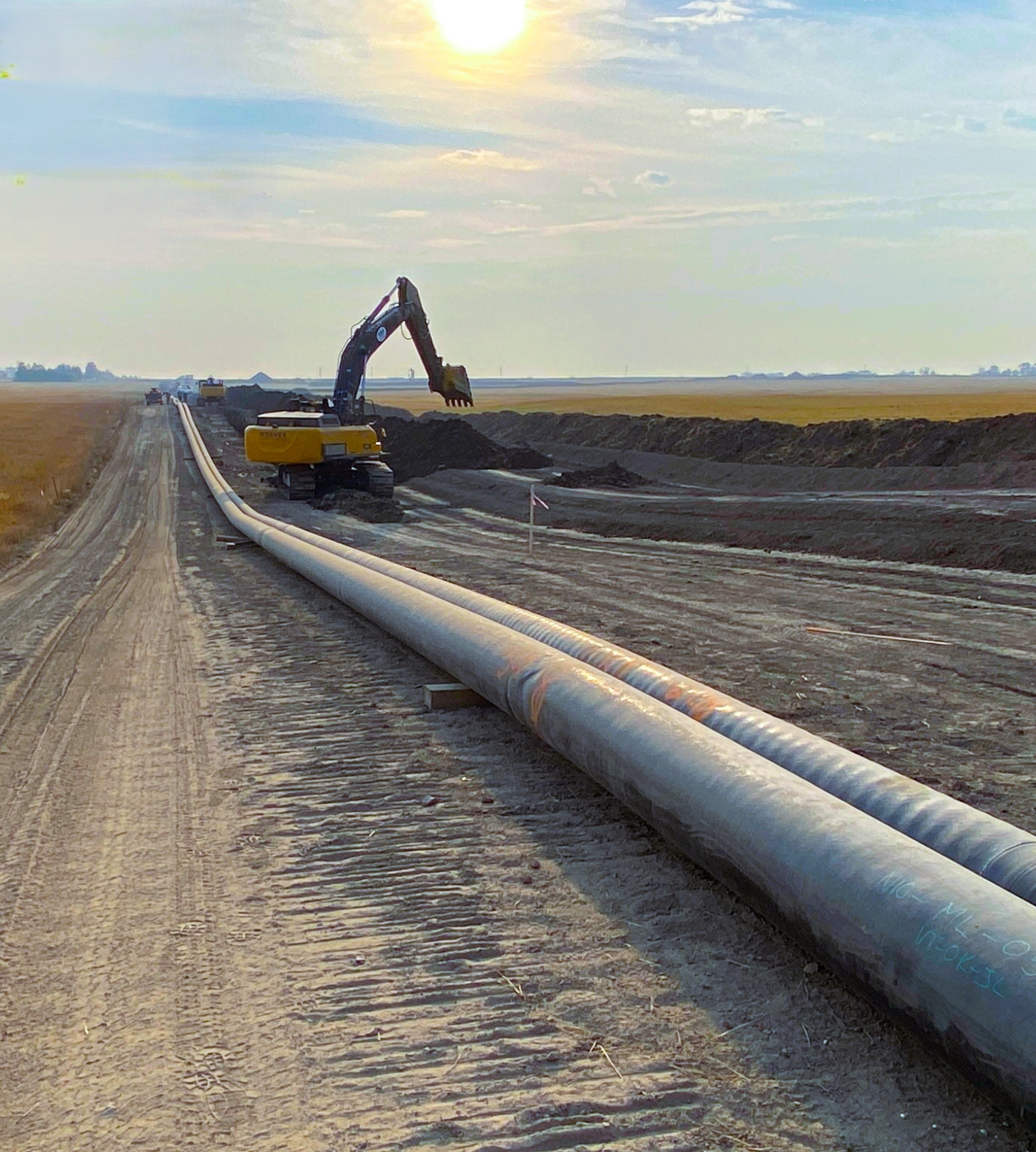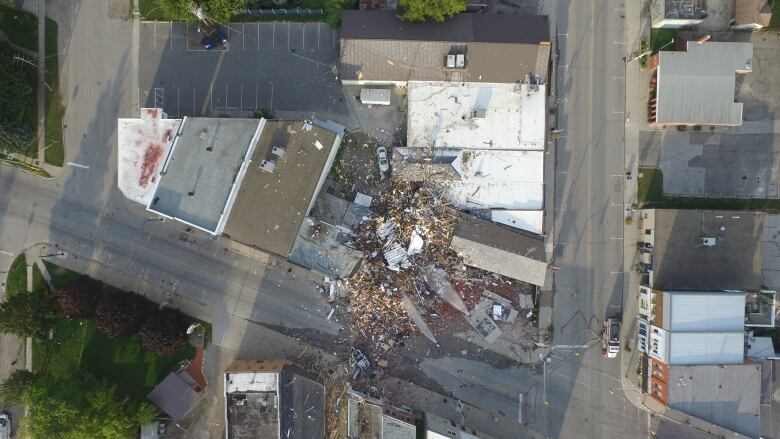The introduction of Section PS 3280 by the Public Sector Accounting Board (PSAB) in 2022, required Canadian municipalities to identify, estimate, and report asset retirement obligations (AROs) in their financial statements. This change enhances fiscal transparency and long-term planning, but also presents significant challenges, especially for smaller communities with limited budgets and technical capacity.
A small municipality located in Northeastern Ontario faced these challenges head-on. Home to a population of 1200 residents and over 550 diverse assets—including buildings, fuel tanks, and a decommissioned landfill—the township was unprepared to meet PS 3280’s complex requirements. Key obstacles included a lack of implementation resources, undocumented assets, and uncertainty about what constituted a reportable obligation under the new standard.
Aware of important elements this municipality had to consider when navigating the standard, our team at 360 implemented a tailored six-stage compliance methodology:
- Legal and Regulatory Obligations
Municipalities must identify all environmental and contractual requirements related to asset retirement. This includes federal, provincial, and local legislation governing hazardous materials, landfill closure, infrastructure decommissioning, and more.
- Scope of Tangible Capital Assets
A full inventory of tangible capital assets—including those fully amortized or not previously recorded—is essential. Assets like underground fuel tanks or asbestos-cement pipes may have in-scope retirement obligations.
- Hazardous Materials Identification
Asbestos, lead paint, and other hazardous substances must be identified and evaluated. Where physical testing isn’t feasible, municipalities must use historical data and industry benchmarks to estimate potential abatement costs.
- Cost Estimation and Discounting
Future retirement costs must be reasonably estimated using site-specific data, cost models, and appropriate discount rates to calculate present value liabilities.
- Recognition and Measurement Thresholds
Not all assets with potential retirement costs require liability recognition. Municipalities must apply PS 3280 criteria to determine which obligations are in-scope and measurable, then provide justifications for each asset.
- Audit Readiness and Documentation
Clear documentation of assumptions, methodologies, and cost data is critical to supporting external audits and ensuring financial statement accuracy.
Using these principles, 360 executed a comprehensive plan for our client:
- We conducted a full regulatory review, asset inventory, and data reconciliation using GIS tools, public data, and management records.
- For hazardous materials, we applied proxy costing based on available data—avoiding the cost of extensive testing while enabling a customized estimate of asbestos abatement.
- We identified 10 major assets with reportable obligations and calculated a total ARO liability of $1.58 million.
- Our team completed the entire project in just 45 days, minimizing operational disruptions while maximizing audit readiness.
Key assets such as the Fire Hall, Recreation Centre, and Municipal Office were recognized for asbestos abatement, while the landfill was subject to outstanding post-closure care obligations. The result was full PS 3280 compliance, a strengthened financial position, and a sustainable approach to managing future liabilities.
At 360, we specialize in helping small and rural municipalities across Canada navigate complex accounting standards like PS 3280. Our tailored, cost-effective approach delivers more than compliance—it builds confidence in financial reporting, ensures audit success, and supports long-term capital planning. Whether you’re preparing for your next audit or tackling PSAB standards for the first time, 360 is your trusted partner for strategic municipal advisory services.
Thank you for reading,
Leah

About the Author
Leah Glinz, B. Com, Liability Analyst
Leah has been with 360 for two years working as a Liability Analyst. In that time, she has dedicated over 1,500 hours to municipal ARO projects rapidly becoming a Subject Matter Expert on Municipal Assets and application of the PS 3280 Standard. Leah facilitates high quality assessments by utilizing skills in data collection, analytics, and database maintenance and management.




































































